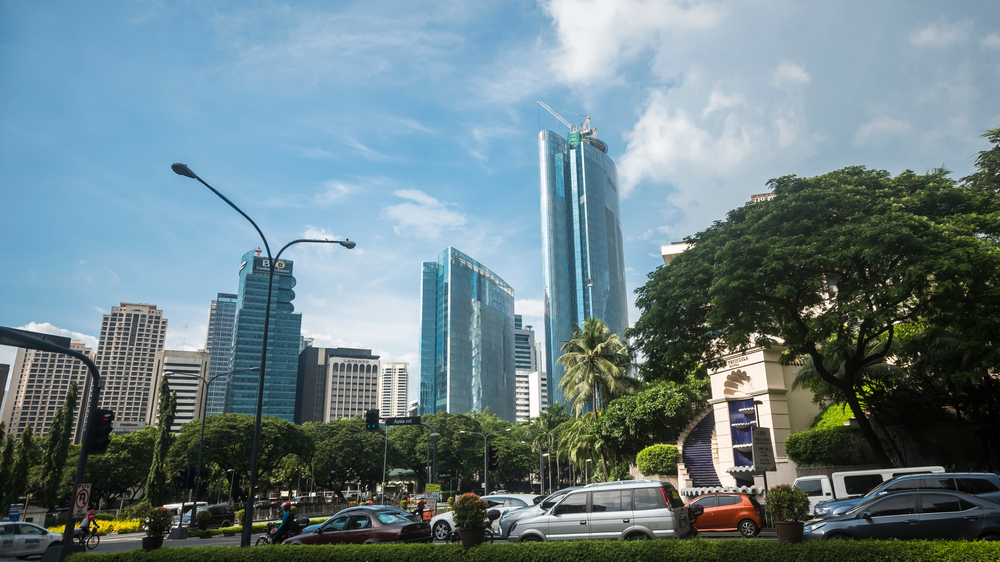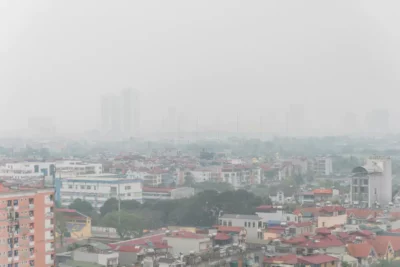The Philippines’ office segment, led by IT-BPM sector
The archipelago handles 10 to 15 percent of the worldwide BPO market and provides services mainly to the US

The office segment remains resilient as demand for Philippine office spaces more than doubled to 255,000 sq m in Q2 2022, the highest since workers were forced to stay and work from home in 2020 due to the COVID-19 pandemic.
Office demand dropped to 381,000 sq m in 2020 from 1.7 million sq m in 2019. It was 539,000 sq m in 2021, according to BusinessWorld.
The information technology-business process management (IT-BPM) sector continued to dominate as a key driver in office demand during Q2 2022, reported the Philippines News Agency.
Mikko Barranda, director for commercial leasing at Leechiu Property Consultants (LPC) said at a virtual briefing recently that demand for office space grew 106 percent to 255,000 sq m from April to June, and that the IT-BPM sector accounted for 107,000 sq m of the demand.
Also, leasing activity in the past three months supports Barranda’s claim that outsourcing to the Philippines remains a reliable solution for western companies.
The World Bank estimated that the BPO market would be valued at USD361 billion in 2020.
More: BPOs continue to dominate the Philippines’ office sector
In 2019, more than 1,000 outsourcing firms employed 1.3 million Filipinos. The industry contributes approximately USD30 billion to the economy.
According to the report, the Philippines handles 10 to 15 percent of the worldwide BPO market and provides services mainly to the US, Europe, and its nearby neighbors Japan, New Zealand, and Australia.
Meanwhile, according to CNN Philippines, Philippine offshore gaming operators (POGOs) occupied 21,000 sq m in the second quarter. It was the first time they leased office spaces since March 2020.
Ultimately, the demand for local offices grew extensively in Q2 2022. Demand increased 106 percent from the 124,000 sq m QoQ dated January to March.
The Property Report editors wrote this article. For more information, email: [email protected].
Recommended
Bangkok’s luxury real estate flourishes amid economic challenges
New luxury mega projects boost the top end of Bangkok’s market, but stagnancy reigns elsewhere due to weak liquidity and slow economic growth
Investors shift focus to suburban and regional markets as Australian urban housing prices surge
Investors are gravitating to suburban areas and overlooked towns as Australia’s alpha cities see skyrocketing demand and prices
Hanoi’s air pollution crisis: Balancing urban growth with environmental sustainability
Hanoi’s worsening annual toxic smog is highlighting the pressures of balancing sustainability with rapid economic growth
U.S. tariffs pose challenges to China’s housing market amid economic slowdown
Escalating US tariffs are expected to strain China’s slowing economic growth and dampen buyer confidence, creating trouble for the country’s housing market







